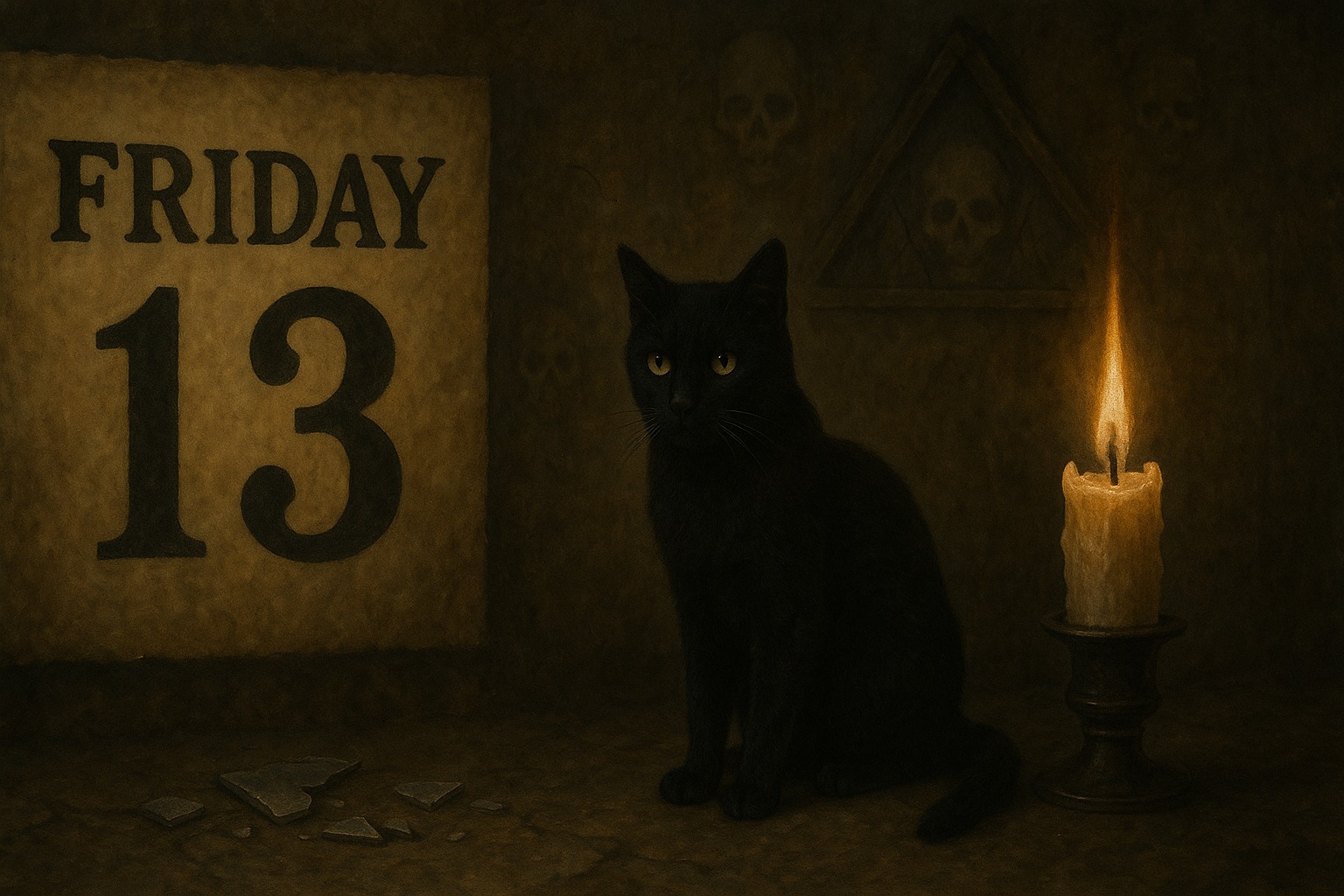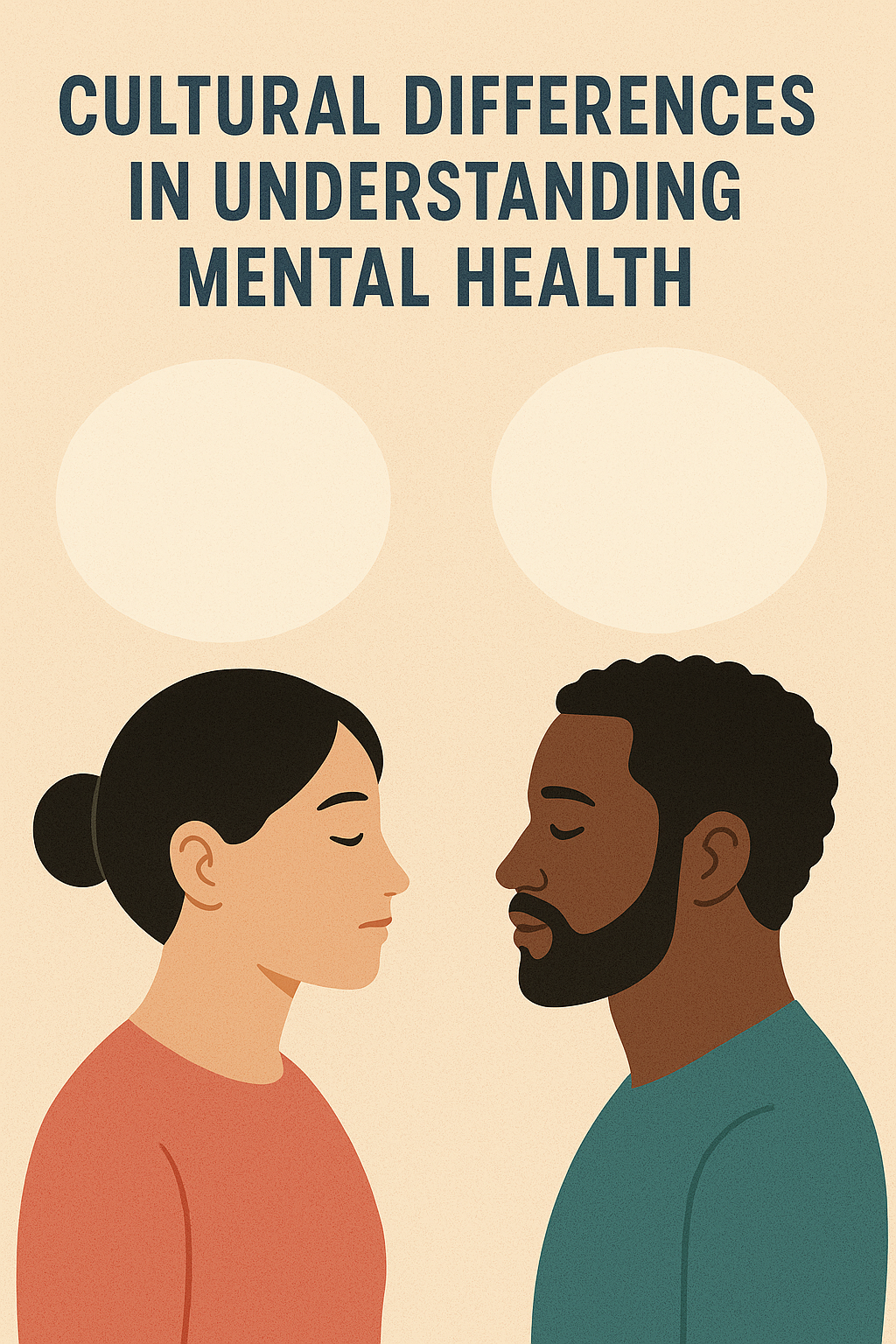Friday the 13th is a date that evokes a sense of unease for many. Often associated with bad luck, mysterious events, and eerie coincidences, it’s a day that has sparked fear, folklore, and even a horror film franchise. But where does this superstition come from? Is there any truth behind the myth, or is it just another example of collective cultural anxiety?
Let’s take a deep dive into the origins, theories, and modern-day implications of the Friday the 13th myth.
Why Friday? Why the 13th?
To understand the superstition, it is helpful to look at both components, Friday and the number 13, separately. Friday the 13th is considered an unlucky day in Western superstition. It occurs when the 13th day of the month in the Gregorian calendar falls on a Friday. The superstition is akin to the beliefs that crossing paths with a black cat, opening an umbrella indoors, or breaking a mirror brings bad luck.
It happens at least once a year, and sometimes up to three times a year. On average, one occurs every 212.35 days.
The Number 13: Unlucky by Tradition.
The fear of the number 13 is so common that it even has a name: triskaidekaphobia. Across many cultures and historical periods, 13 has been considered unlucky or unbalanced. Here’s why:
- Biblical Roots: At the Last Supper, Judas Iscariot the apostle who would betray Jesus, was the 13th guest at the table.
- Norse Mythology: A similar legend involves 12 gods having dinner in Valhalla, only for a 13th uninvited guest Loki, to arrive and wreak havoc.
- Numerical Imbalance: In many ancient traditions, 12 represented completeness,12 months in a year, 12 zodiac signs, 12 apostles, etc. The number 13, therefore, is seen as disruptive and irregular.
Friday: A Day of Misfortune?
While modern weekends have made Friday a beloved day, historically, it carried darker associations:
- Religious Connotations: In Christianity, Friday was considered unlucky because Jesus was crucified on a Friday.
- Execution Day: In medieval times, Friday was often the day for public executions in parts of Europe.
- Superstitions: Sailors, particularly British ones, often considered starting a voyage on a Friday to be bad luck.
The Origins of The Friday The 13th Superstition.
Interestingly, there’s no definitive record of Friday the 13th being considered unlucky before the 19th century. The two fears; of Fridays and the number 13 existed independently and only came together relatively recently.
One of the earliest popular references appears in Thomas W. Lawson's 1907 novel "Friday, the Thirteenth", where a stockbroker uses superstition to create chaos on Wall Street.
Another theory ties the superstition to October 13, 1307, when King Philip IV of France ordered the arrest of the Knights Templar, leading to torture and executions. However, historians debate on how influential this event was on modern superstitions.
Pop Culture's Role.
The superstition was propelled into modern consciousness with the release of the 1980 horror film "Friday the 13th". Its success spawned sequels, merchandise, and a new wave of fear associated with the date. Since then, the day has been portrayed as a time for ghost stories, horror movie marathons, and spooky encounters.
Psychology and the Fear of Friday the 13th.
For some, the fear is so intense it's been labelled paraskevidekatriaphobia, the fear of Friday the 13th. Studies show that people tend to alter their behavior on this day:
- Travel decreases.
- Businesses may experience dips in revenue.
- Some people avoid important events or making big decisions.
While there's no statistical evidence proving that more bad things happen on this date, the belief can become a self-fulfilling prophecy, if you expect misfortune, you’re more likely to notice it.
Friday the 13th Around the World.
Not all cultures consider Friday the 13th an unlucky day. In Italy, the number 17 is considered unlucky instead. In Spanish-speaking countries, it’s Tuesday the 13th ("martes trece") that carries the superstition.
Final Thoughts: Coincidence or Caution?
Friday the 13th is a fascinating example of how culture, history, and psychology intersect to create a widespread myth. Whether you see it as a day of doom, a harmless superstition, or just another Friday, it's a reminder of how powerful human beliefs can be, even when they lack evidence.
So, if the next Friday the 13th has you checking over your shoulder, just remember: it's all in your head. Probably.


